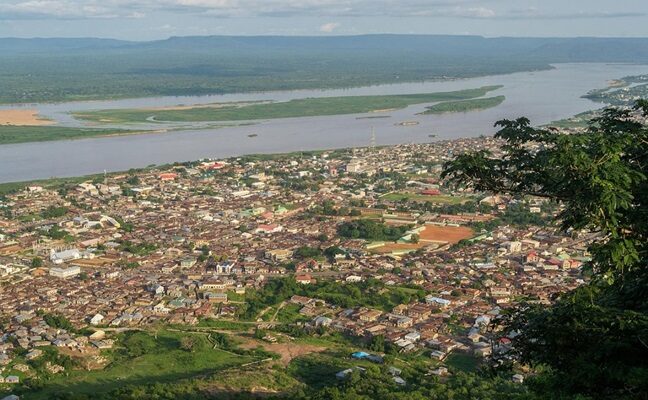Kogi State stands at a crucial juncture, where the choices made today will shape its future in a world increasingly focused on sustainable development.
As the global economy pivots toward renewable energy, regions capable of harnessing their natural resources will lead the way in economic growth and environmental stewardship.
Kogi, with its unique and underutilized resources, is in a prime position to seize this opportunity and drive transformative change that benefits not just the state but the entire nation.
Central to Kogi’s potential is a powerful, yet often overlooked, resource: its rivers.
The state is strategically located at the confluence of the Niger and Benue rivers, offering one of Nigeria’s most significant opportunities for hydroelectric power.
But what exactly is hydroelectric power, and why is it so important?
Hydroelectricity is generated by harnessing the energy of flowing water to produce electricity. It works by directing the flow of water through turbines, which then spin and activate generators to produce power.
This process is not only efficient but also clean, as it produces electricity without emitting harmful greenhouse gases.
In essence, hydroelectric power is a renewable energy source that can provide consistent, reliable electricity while protecting the environment.
For Kogi, this means that its rivers are more than just waterways, but sources of clean energy that can power homes, businesses, and industries respectively.
By investing in hydroelectric infrastructure, Kogi can transform its energy landscape, reducing its reliance on fossil fuels and ensuring a stable, affordable energy supply for its people.
But the benefits don’t stop there!
The first step toward realizing this potential, especially if Nigeria does not yet have the necessary turbines, is to establish strategic partnerships with countries like Norway, which is renowned for its expertise in hydroelectric technology.
Norwegian companies such as “Statkraft” and “Voith Hydro”, in collaboration with the Norwegian government, have decades of experience in building and operating hydroelectric plants around the world.
These partnerships could involve the importation of turbines and other essential equipment, as well as the training of local engineers and technicians to build and maintain these facilities.
Furthermore, securing funding from both public and private sources, such as the World Bank Renewable Energy Fund, will be crucial to initiating and sustaining these projects. By laying this groundwork, Kogi can begin the process of turning its hydroelectric potential into a reality.
The development of hydroelectric projects in Kogi won’t just generate electricity, but also spark economic growth and revitalize the state.
These projects will attract significant investment, both from within Nigeria and abroad, driving the growth of local industries and creating thousands of jobs.
As new businesses emerge and infrastructure improves, Kogi will transform into a vibrant economic hub, leading the way in renewable energy innovation.
The positive impact of Kogi’s hydroelectric potential extends far beyond the state’s borders. As Nigeria works to meet its climate commitments and reduce its dependence on fossil fuels, the success of Kogi’s hydroelectric projects will serve as a powerful example.
It will prove that renewable energy is not just a viable option but a superior one, capable of fueling national growth while safeguarding the environment for future generations.
Moreover, Kogi’s leadership in this area will elevate Nigeria’s standing on the global stage. In a world increasingly focused on sustainability, countries that prioritize renewable energy are seen as progressive and forward-thinking.
By championing hydroelectric power, Kogi can help position Nigeria as a leader in the global fight against climate change, attracting new opportunities for international collaboration and investment.
In conclusion, Kogi State’s hydroelectric potential is more than just an opportunity; it is a strategic necessity. By harnessing this energy, Kogi can significantly contribute to Nigeria’s sustainable development goals, and set a benchmark for renewable energy across Africa.
– Taiye Bayode, Information Officer at Kogi State Ministry of Commerce and Industry, writes from Lokoja.




